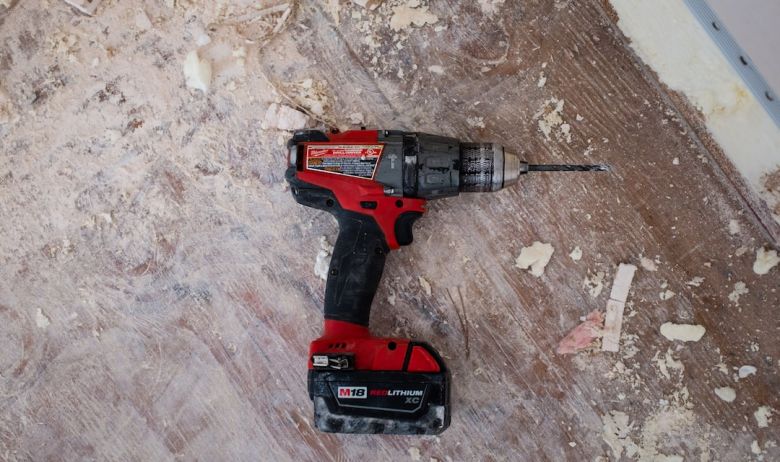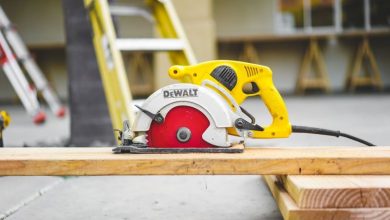The Pros and Cons of Cordless Power Tools

Power tools are essential for any DIY enthusiast or professional tradesperson. They make tasks faster, easier, and more efficient. Cordless power tools, in particular, have gained popularity in recent years due to their convenience and portability. However, like any tool, they have their advantages and disadvantages. In this article, we will explore the pros and cons of cordless power tools to help you make an informed decision.
Pros:
1. Portability: One of the biggest advantages of cordless power tools is their portability. Without the need for an electrical outlet, you can take your tools anywhere without being restricted by cords. This makes them ideal for working in tight spaces or on job sites without readily available power sources.
2. Convenience: Cordless power tools offer the convenience of quick and easy setup. There’s no need to untangle cords or find extension outlets. Simply grab your tool, insert the charged battery, and you’re ready to go. This saves valuable time and allows you to focus on the task at hand.
3. Safety: Cordless power tools eliminate the risk of tripping over cords or accidentally cutting them with the tool itself. This reduces the chances of accidents and injuries, making them a safer option, especially for beginners.
4. Versatility: Cordless power tools come in a wide range of options, from drills and saws to sanders and grinders. With the right set of tools, you can tackle various projects without the need for multiple cords or outlets. This versatility makes them a valuable addition to any toolbox.
5. Improved technology: Over the years, cordless power tools have significantly improved in terms of battery life and power. The latest lithium-ion batteries provide longer run times and faster charging. This means less downtime and increased productivity.
Cons:
1. Limited battery life: Despite the advancements in battery technology, cordless power tools still have limited battery life. Depending on the tool and the task at hand, you may have to recharge or replace the battery frequently. This can be frustrating, especially during time-sensitive projects.
2. Cost: Cordless power tools tend to be more expensive compared to their corded counterparts. This is due to the added cost of batteries and chargers. However, the initial investment can be offset by the convenience and versatility they offer.
3. Power output: While cordless power tools have come a long way, they still don’t match the power output of corded tools. This can be a disadvantage when working on heavy-duty projects that require more torque or sustained power. However, for most DIY tasks, cordless tools provide sufficient power.
4. Limited run time: In addition to limited battery life, cordless power tools also have a limited run time. Depending on the tool and the battery capacity, you may only have a few hours of continuous use before needing to recharge. This can be problematic for longer projects that require uninterrupted work.
5. Weight: Cordless power tools tend to be heavier than their corded counterparts due to the built-in battery. This can cause fatigue and strain, especially during prolonged use. However, manufacturers have made efforts to reduce the weight of cordless tools, making them more ergonomic and user-friendly.
In conclusion, cordless power tools offer many advantages, such as portability, convenience, and safety. They are versatile and equipped with improved battery technology. However, they also have limitations, including limited battery life, higher cost, and reduced power output compared to corded tools. It’s important to weigh the pros and cons to determine if cordless power tools are the right choice for your needs.




